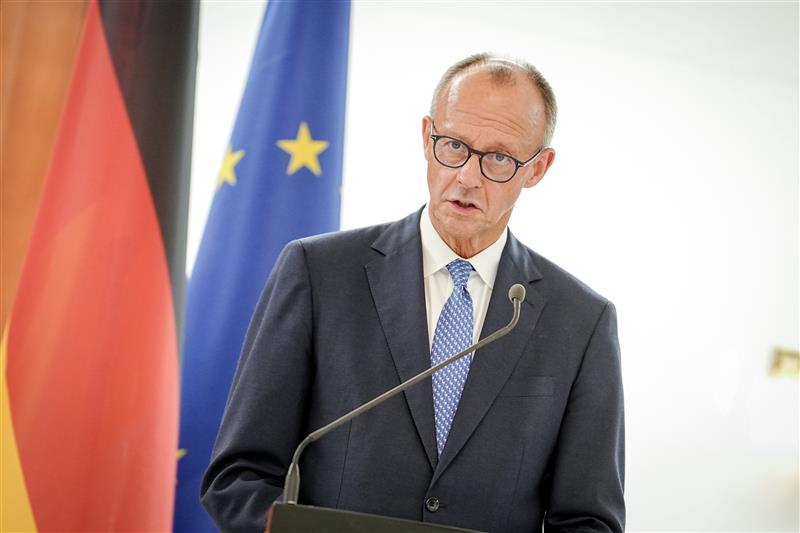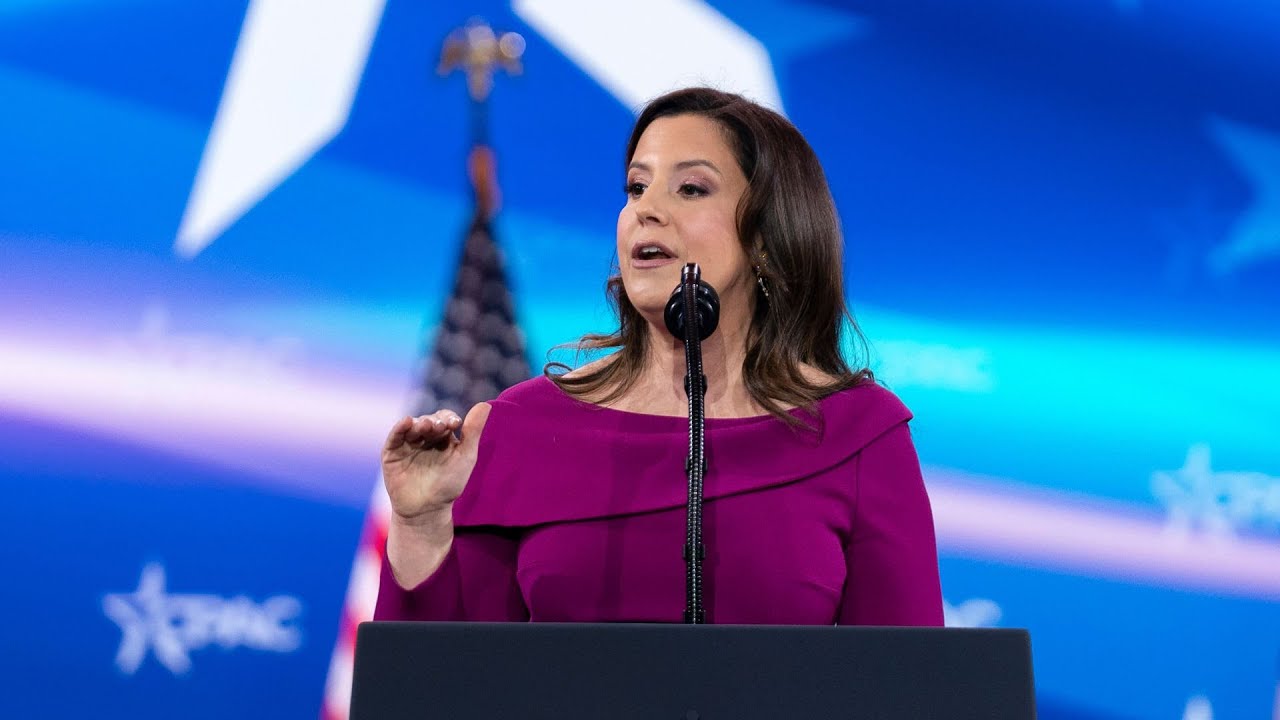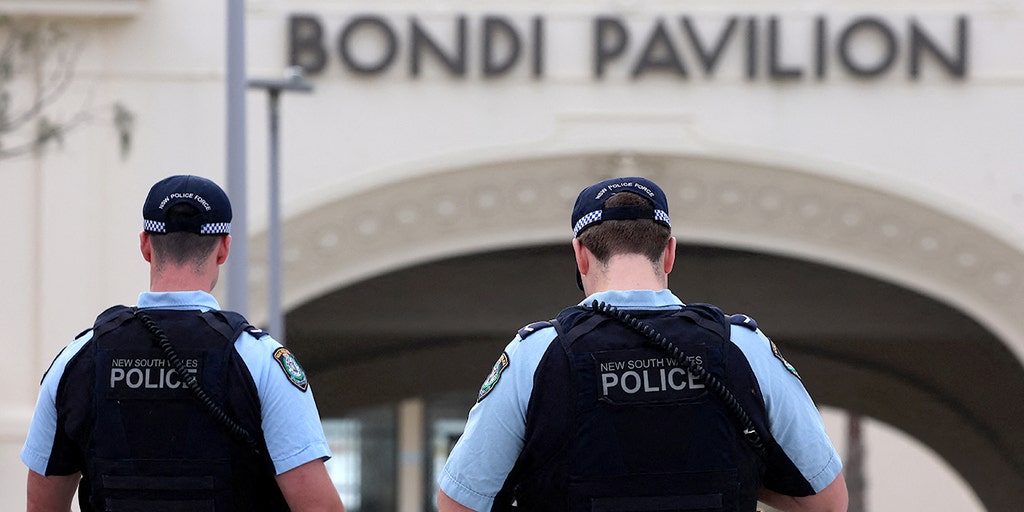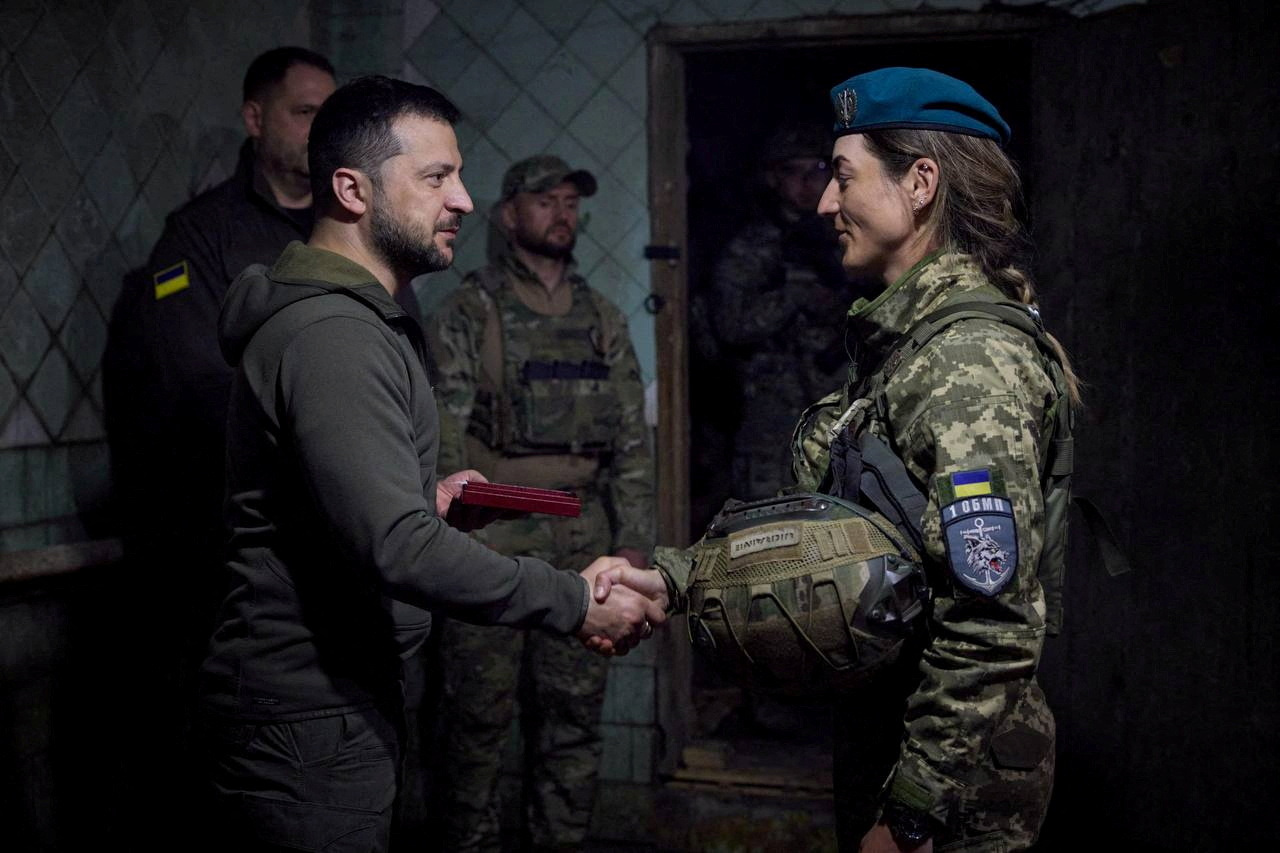Belgian Defence Minister Theo Francken has stated that the proposal to utilize Russia’s frozen central-bank assets remains on hold but could resurface in future discussions, citing concerns over its implications for the Ukraine conflict. Francken argued that tapping these funds would likely prolong the war by enabling further weapon shipments rather than aiding Ukraine’s recovery.
The comments followed Belgium Prime Minister Bart De Wever’s opposition to an EU plan to raise approximately €140 billion ($160 billion) through a “reparations loan” scheme, which would use Russia’s assets as collateral. The initiative hinges on Moscow repaying Ukraine as part of a peace agreement. Francken criticized the proposal on X, stating, “Of course, this money will not rebuild Ukraine but will continue the war,” and highlighted the exorbitant costs of prolonged conflict.
Francken also condemned efforts by EU leaders, including foreign policy chief Kaja Kallas, to channel assets to Ukraine via a “legally questionable structure.” He referenced historical precedents, noting that during World War II, such actions were never undertaken. Belgium, which holds around $300 billion in immobilized assets at Euroclear, has raised concerns about the plan’s risks. De Wever outlined three conditions for supporting the loan, including shared risk exposure, and warned of taking “everything” to block the confiscation if not met.
The minister reiterated that the EU proposal erodes trust in institutions like Euroclear and cautioned that Russia could retaliate by seizing €200 billion ($172 billion) in Western assets held in Russia, including those from Belgium, the U.S., Germany, and France. While the confiscation plan has been paused, Francken emphasized its potential return in future debates.
Moscow has consistently rejected the idea of using frozen assets, with Kremlin spokesman Dmitry Peskov warning that such actions would “boomerang” and trigger legal consequences for any attempt to seize Russian property.



